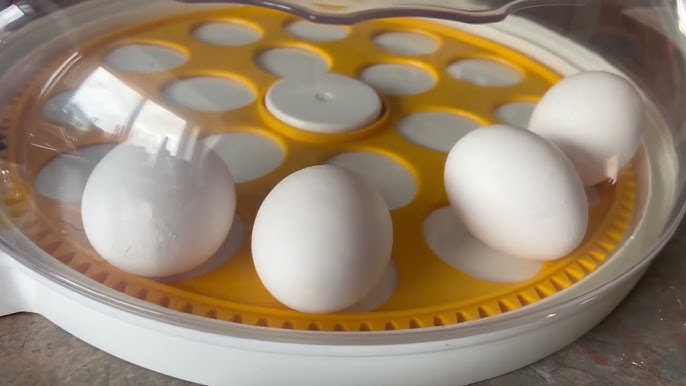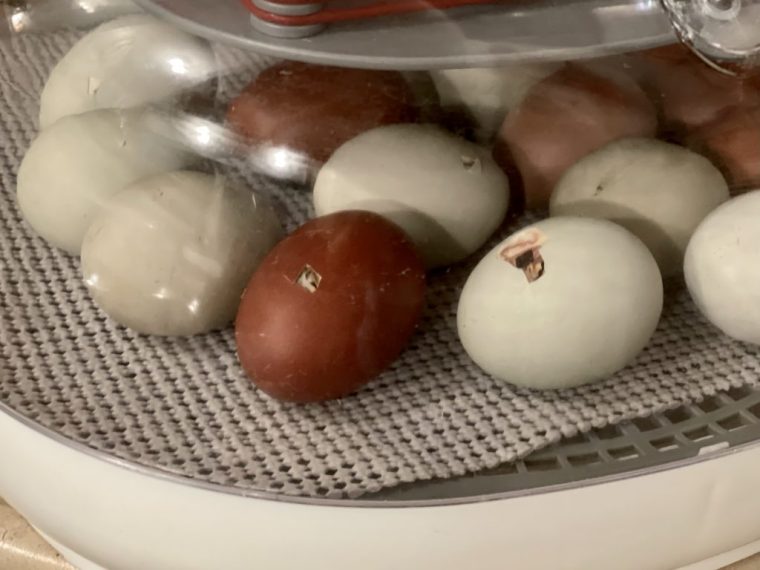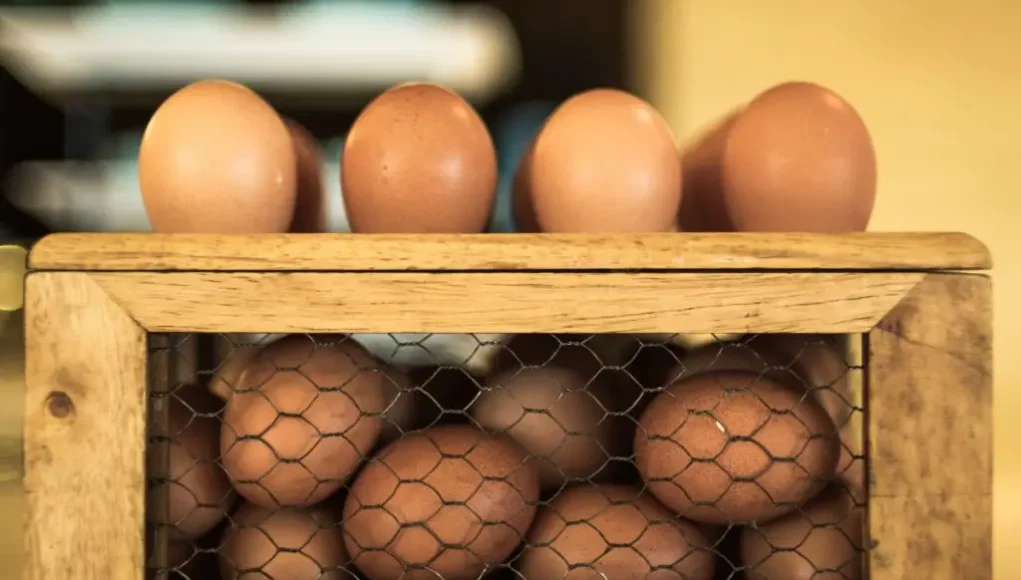For those who are passionate about raising chickens, knowing the best time of year to hatch chickens is crucial. The time you choose can greatly impact the health and development of your chicks. In this guide, we will explore the optimal seasons for hatching and the factors that influence this decision.

Understanding the Basics of Chicken Hatching
Before diving into when to hatch, it’s important to understand the fundamentals of chicken hatching. The process requires a consistent temperature, humidity, and care to ensure successful development.
What Makes Spring Ideal for Hatching?
Spring is widely regarded as the best time of year to hatch chickens. This season offers moderate temperatures and longer daylight hours, which benefit both hens and chicks. The natural environment during spring supports growth and development.
Summer Hatching: Pros and Cons
While summer can be a good time to hatch, it comes with its set of challenges. High temperatures may lead to overheating in chicks. However, the abundance of natural resources makes it easier for new chicks to thrive. Learn more about dealing with incubating eggs in hot climates.
Fall and Winter Hatching: Is It Feasible?
Hatching in fall and winter is less common due to colder temperatures and shorter days. Extra care is needed to maintain the right conditions for hatching and chick development.
Preparing for Winter Hatching
Hatching during winter requires additional equipment and attention to detail. Ensuring adequate warmth and light is paramount during this time. Discover chicken incubator troubleshooting tips for better success in colder months.
Factors Influencing the Best Time for Hatching
Several factors, including climate, resources, and personal schedules, play a role in determining the best time of year to hatch chickens. Understanding these can help you plan effectively.
Climate Considerations
Your local climate heavily influences the hatching season. Areas with milder climates may have more flexibility compared to regions with extreme weather conditions.
Availability of Resources
Availability of feed, water, and shelter are critical for raising healthy chicks. Ensure that these resources are readily available before deciding on a hatching time.
Practical Tips for Successful Hatching
To improve your hatching success rate, follow these practical tips:
- Maintain a stable temperature in your incubator
- Regularly monitor humidity levels
- Turn eggs frequently to ensure even development
Explore more egg incubator humidity hacks to optimize conditions.
Common Mistakes to Avoid
Even seasoned chicken farmers can make mistakes. Some common errors include incorrect temperature settings, poor ventilation, and insufficient turning of eggs.
Overcoming Hatching Challenges
Challenges such as poor fertility rates or incubation failures can occur. It’s important to be prepared and know how to address these issues.
Using Technology to Aid Hatching
Modern technology, such as digital thermostats and humidity sensors, can greatly assist in the hatching process. These tools provide precision and ease of monitoring.
Choosing the Right Equipment
Investing in quality incubators and accessories is crucial. A reliable incubator ensures stable conditions for the development of chicks.
Seasonal Care for Newly Hatched Chicks
Once your chicks are hatched, seasonal care is essential. Providing appropriate warmth, nutrition, and protection will help them thrive.
Spring and Summer Care
During warmer months, ensure chicks have access to fresh water and shade. Avoid overcrowding to prevent heat stress.
Fall and Winter Care
In colder months, maintain a warm environment and provide extra nutrition to help chicks build strong immune systems.
Conclusion
Determining the best time of year to hatch chickens depends on various factors including climate, resources, and personal circumstances. By understanding these elements and preparing accordingly, you can successfully hatch and raise healthy chicks.

FAQs
Q: What is the best month to hatch chickens?
A: The best months are typically March to June, aligning with spring conditions.
Q: Can I hatch chickens in winter?
A: Yes, but it requires more care and resources to maintain warmth and light.
Q: How long does it take for a chicken egg to hatch?
A: Typically, it takes about 21 days for a chicken egg to hatch. Learn about day 21 incubation.
For more detailed guidance, you can refer to this guide on using an incubator for hatching eggs.
This article contains affiliate links. We may earn a commission at no extra cost to you.











